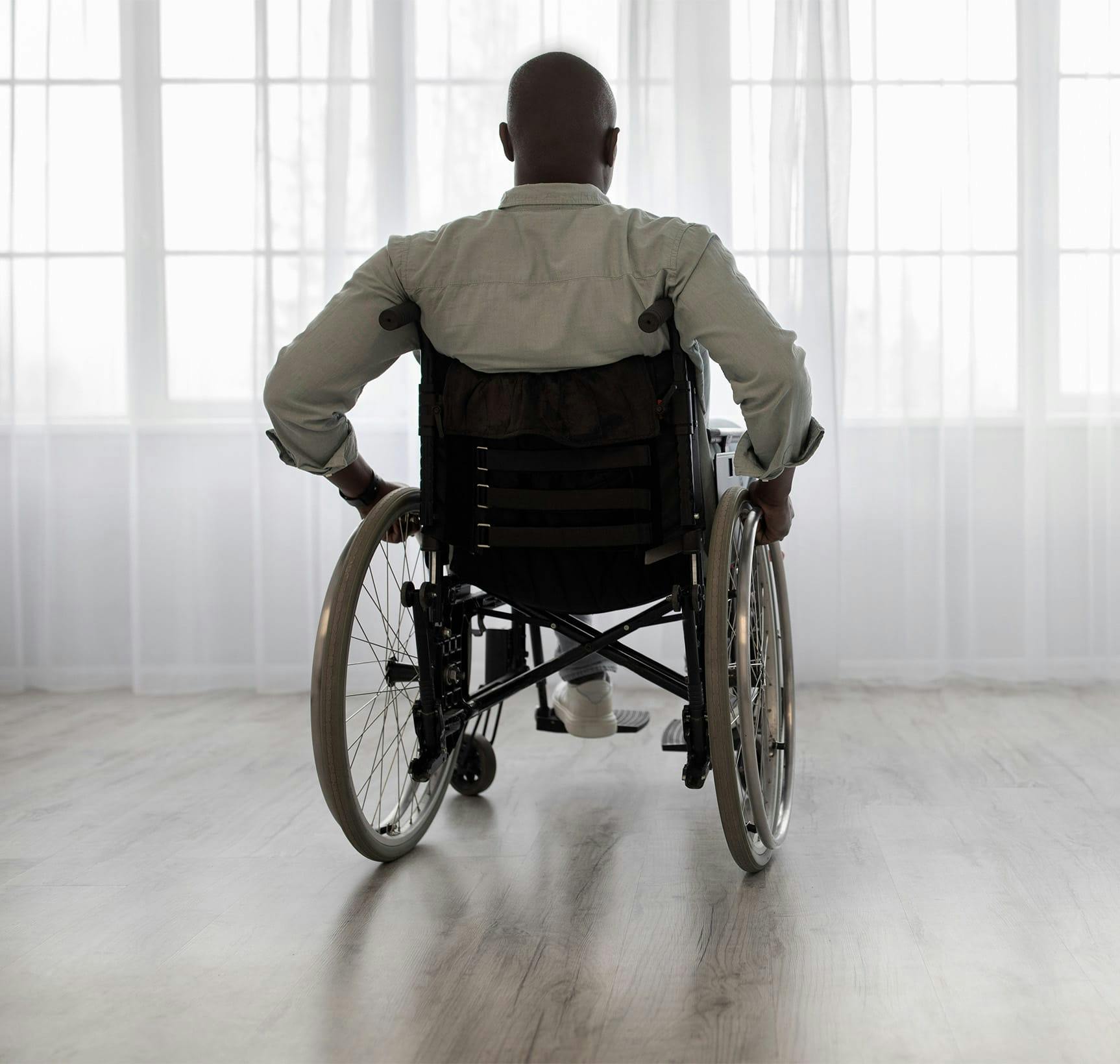A spinal cord injury can change every aspect of your life. When negligence is to blame, you deserve an advocate who understands the challenges of catastrophic injuries. At Turnbull, Moak & Pendergrass, our experienced spinal cord injury attorneys in Atlanta are here to guide you through the claims process and fight for the justice and compensation you need.
What Are Spinal Cord Injuries?
A spinal cord injury refers to damage affecting the nerves and nerve fibers that send and receive signals from the brain. These types of injuries can range from minor ones to severe ones that could leave you with paralysis. Typically, physicians organize spinal cord injuries by the way that they affect the spinal cord and where they occur. An incomplete spinal cord injury is one that still allows some sensation and movement below the site of the injury. In contrast, a complete spinal cord injury causes you to lose all function below the site of the injury. The treatment of spinal cord injuries is complex and varies depending on the severity of the condition. The mildest forms could merely require rest and some physical therapy. For more serious cases, it could mean medications or surgery followed by physical therapy. In the most severe cases, there may not be any treatment available that can help you regain function.














